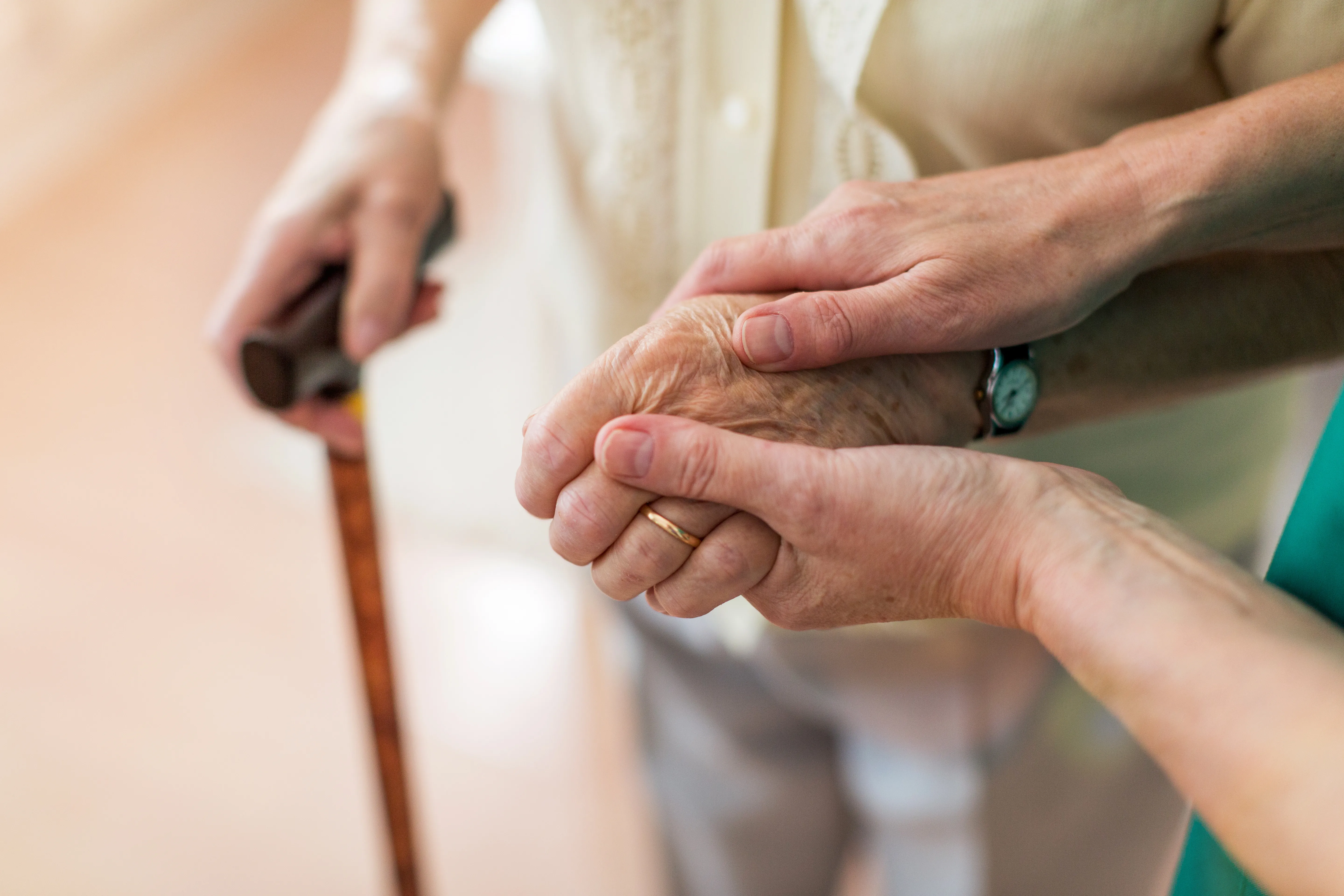How to tell when a loved one might need support at home

It’s not always easy to know when to step in. Changes in health, energy, or independence can happen slowly, and many people are proud to manage on their own for as long as possible. But for family members, spotting the signs early can make all the difference in preventing accidents, preserving quality of life, and helping your loved one stay safely at home for longer.
So how do you know when it might be time to consider extra support?
It’s Often the Small Things That Add Up
Most people don’t suddenly go from being independent to needing full-time care. The need for support usually builds gradually. You may start to notice small things that feel “off” or out of character.
Look out for changes such as:
· Missed medications or confusion about dosages
· Bruises or unexplained falls
· Wearing the same clothes for several days
· Less interest in cooking, eating, or hygiene
· Unusual forgetfulness or disorientation
· Lack of energy or motivation
· Withdrawing from social contact or hobbies
One or two of these changes might not raise concern on their own, but over time they suggest your loved one may be struggling more than they’re letting on.
What Families Often Say
When families contact us, we often hear things like:
“Mum’s not eating properly anymore, but she says she’s fine.”
“Dad keeps forgetting his medication, and I’m worried about him living alone.”
“They’ve always been independent, but lately things seem to be slipping.”
These comments reflect the quiet uncertainty many people feel when trying to support someone they care about. It’s okay to have questions. It’s okay to want help.
Support can be flexible and personal
Home care doesn’t mean giving up independence. In fact, the right support can help your loved one stay in control for longer by making everyday life safer and more manageable.
At Kinder Caring, many people start with just a few hours of help each week — maybe some support with meal preparation, medication reminders, or personal care. Others need more frequent or clinical support, especially if they’re managing a chronic condition or returning home after a hospital stay.
The key is to start with what’s needed and build from there.
What can you do next?
If you’re unsure whether your loved one needs help, trust your instincts. You don’t have to make a decision straight away, and you don’t have to do it alone.
We’re here to have a conversation, not a commitment. Our team can listen to what’s going on, suggest options, and help you explore what support might look like — whether now or later.
Because sometimes the best way to maintain independence is simply to have the right support in place.
Let’s talk about what might help
Contact Kinder Caring to book a free in-home consultation. Our Clinical Care Managers, who are all Nurses, can help assess your loved one’s needs, explain available services, and gently guide your family through the next steps — with clarity, compassion, and respect.
